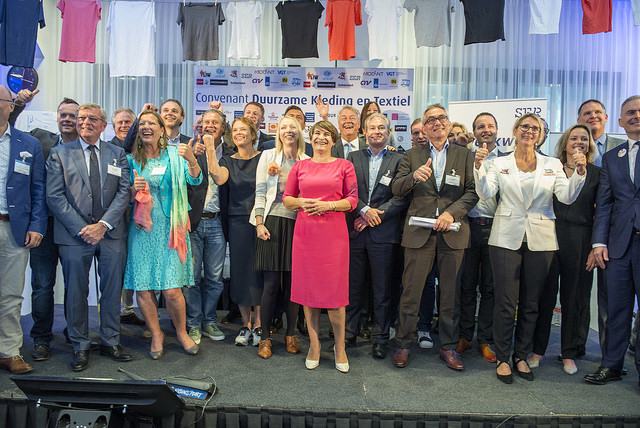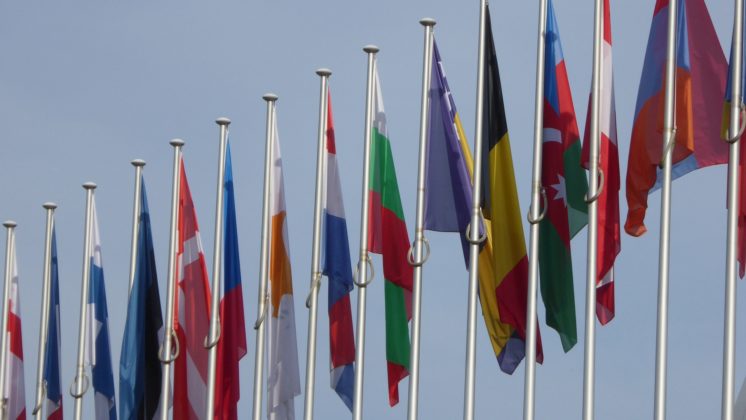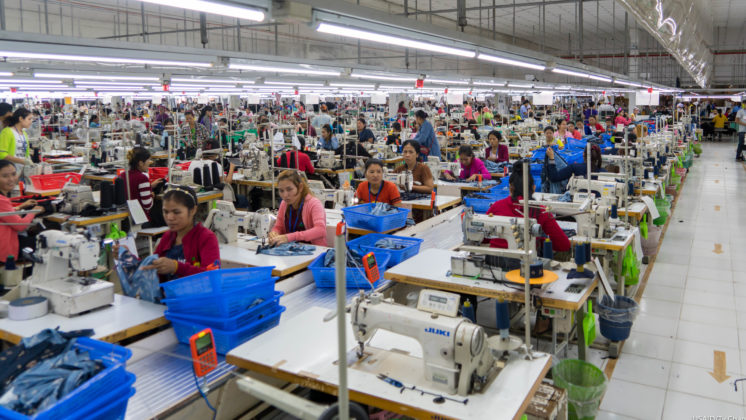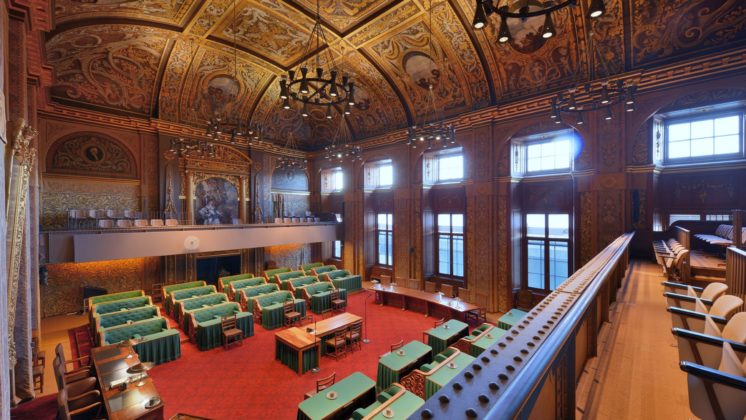Update of two developments in the Netherlands: progress of the ICSR covenant policy and the development of legislation that makes it possible to declare private agreements on sustainability mandatory for the whole sector.

1) International Corporate Social Responsibility (ICSR) covenants: a success story or state-supported green washing?
In the Netherlands, the so called ‘ICSR covenant’ policy is slowly advancing. By now two agreements have been signed as part of this policy. The first, for the garment and textile sector, was signed in July 2016. The second, for the banking sector, was signed in October 2016.
What are the ICSR covenants?
The ‘ICSR covenants’ are sector-based agreements with Dutch sector associations. The covenants are intended to be the product of multi-stakeholder dialogue – between sector associations, member companies, government, trade unions and civil society organizations – through which sector associations identify leading ‘ICSR risks’ facing their sector and develop collaborative approaches to address them. ICSR risks include risks to human rights (including labor rights), environmental impacts, impacts related to corruption and taxation practices and other negative impacts covered by the OECD Guidelines for Multinational Enterprises and the UN Guiding Principles. Through this policy the Dutch Ministries of Foreign Affairs and Economic Affairs aims to encourage the implementation of due diligence on a voluntary basis in 13 Dutch sectors where considerable ICSR risks have been identified. These sectors are: agriculture, chemicals, construction, electronics, energy, finance, food, metals, oil and gas, retail, textiles/apparel, wholesale and wood and paper products.
Will the covenant lead to results?
While some see the ICSR covenant as a promising and innovative way to foster due diligence, others are more critical. As the covenant in itself is just a plan, it remains to be seen if this in practice will lead to tangible results such as less violations in value chains. However, the aforementioned two covenants were signed by NGOs that usually play a more critical outsider role such as Amnesty. This means that these critical signatories are convinced that these covenants indeed lead to due diligence.
Policy target not met
The process leading up to a ICSR covenant turned out to be slow and difficult, requiring a huge amount of time and energy of all parties involved. The original target of the Dutch government to sign ten covenants at the end of 2016 will not be achieved. There are quite a few covenant processes currently in the preparation stage, and some in an initial stage. Some also appear to be erroneously labeled as ICSR covenant, were probably added to the list in order to meet the quantitative target. Among them are frontrunners seeking better market access or willing to develop sustainable products, such as the ‘sustainable plant protein’ sector.
2) Legislative initiative
Another development occurring parallel to the ICSR covenants is well worth mentioning. The Ministry of Economic Affairs is developing (framework) legislation that gives the government the possibility to declare private agreements on sustainability or CSR mandatory for the whole sector. This sounds like the legislation is designed to complement the ICSR covenants policy – and indeed it is linked. The legislation is however not intentionally proposed to complement the instruments through which the government fosters due diligence.
The legislative initiative, which originates from the Ministry of Economic Affairs, is an attempt to solve the major obstacle of competition law that multi-stakeholder and other sector initiatives in the Netherlands are facing. The Dutch authority on competition has declared several initiatives on sustainability and CSR as a (potential) breach of the law. This slows down the development of the ICSR covenants, as well as many other private initiatives striving to advance public interests – whether promoted by government policies or not. After having considered several other solutions – among them modernization of Competition law at European level, which will take at least 10 years – it seems the Minister eventually came up with quite the innovative proposal.






